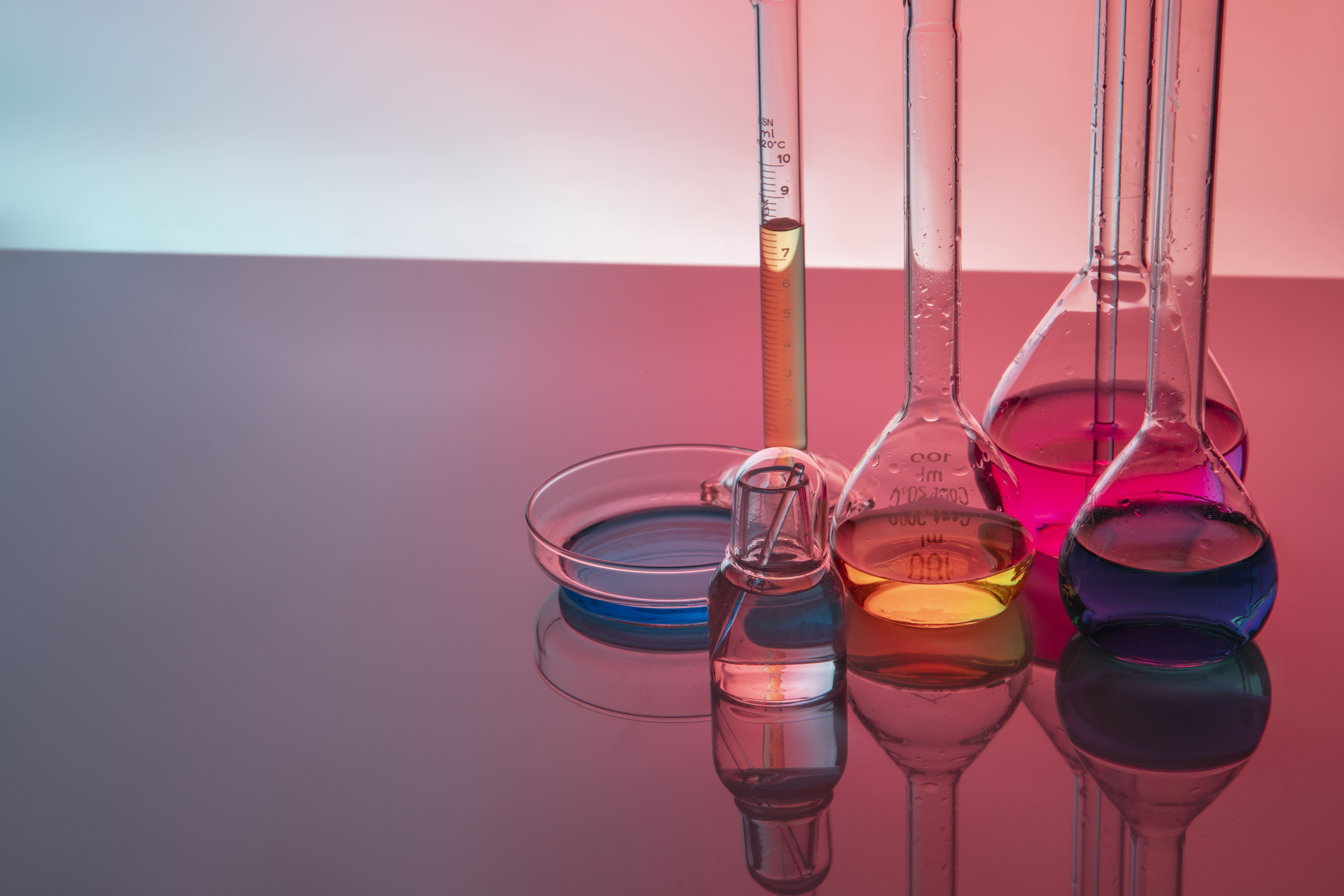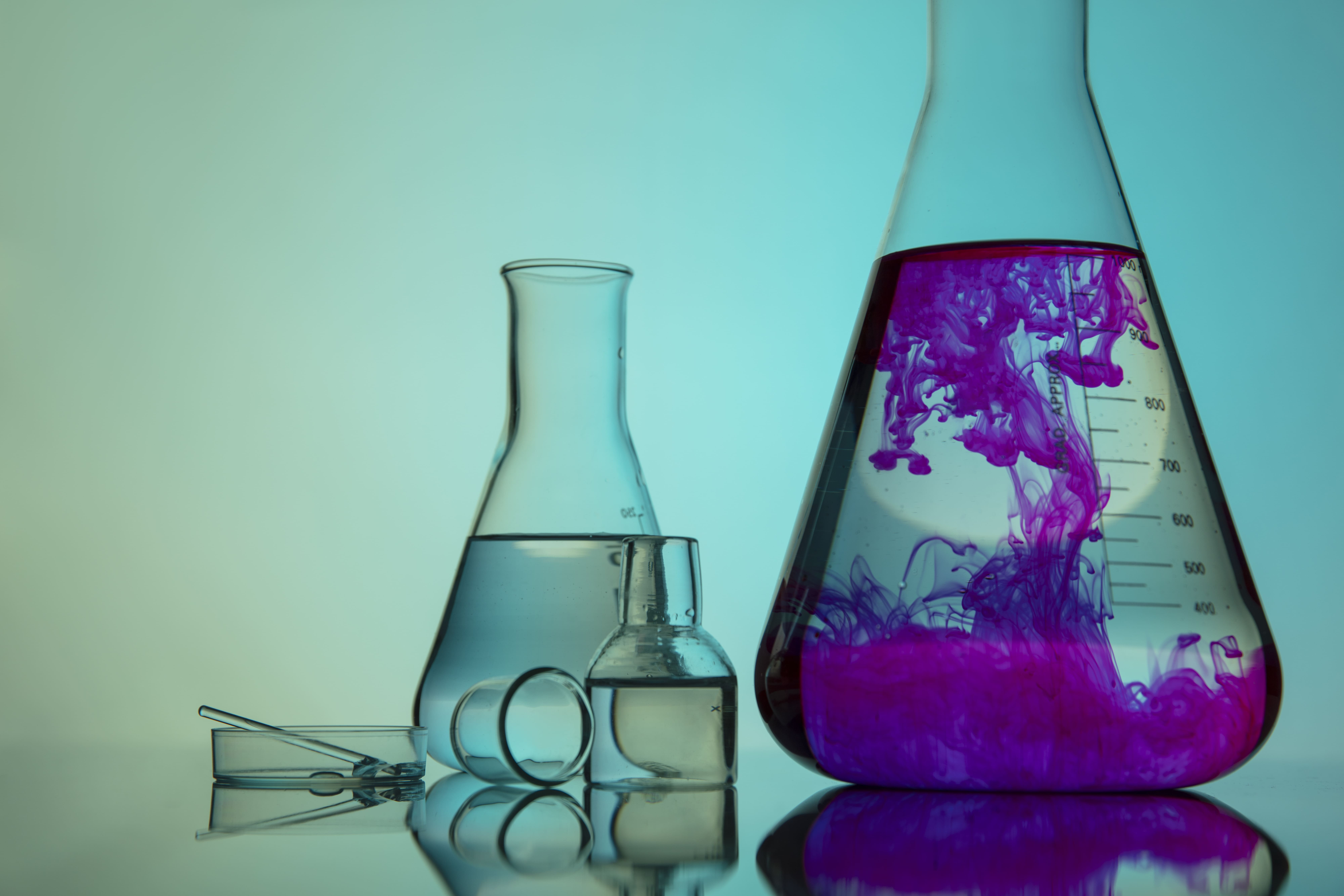Chemical Pathology

Chemical Pathology as a sub-domain within pathology extending across most medical specialities.
It involves the chemical analysis of bodily fluids (blood – whole blood, serum or plasma; urine; cerebrospinal fluid; and other fluids such as effusions, seminal fluid, sweat and amniotic fluid) to assist in the diagnosis of various diseases - e.g. Chemical pathology can allow us to determine if a patient is diabetic by observing glucose levels in blood.
Most illnesses are shown in a disturbance in the body’s chemistry. Chemical pathology gives us insight about the chemistry of bodily fluids and allows us to determine whether a patient’s organs are working properly or not.
Furthermore Chemical pathology also enables Clinicians to recommend the appropriate treatment for a patient's illness.
Analyses performed at our Chemical Pathology laboratory:
- Water and Electrolyte balance
- Kidney and Liver Function analysis
- Acid base balance
- Mineral analysis - i.e. calcium, magnesium, prosphate, etc.
- Proteins and Enzymes
- Lipids like Cholestorol, triglycerides and risk factors for heart disease
- Diagnosis of diabetes
- Cardiac markers for cardiac damage dection
- Iron and Porphyrins
- Endocrinology including
- Pituitary function
- Sec hormones
- Thyroid function
- Adrenal hormones
- Tumour markers such as Prostate specific antigen (PSA) and various other markers used in the detection and management of cancer patients
- Inherited metabolic diseases
- Therapeutic Drug Monitoring (TDM)
- Drugs abuse testing
- Allergy testing


